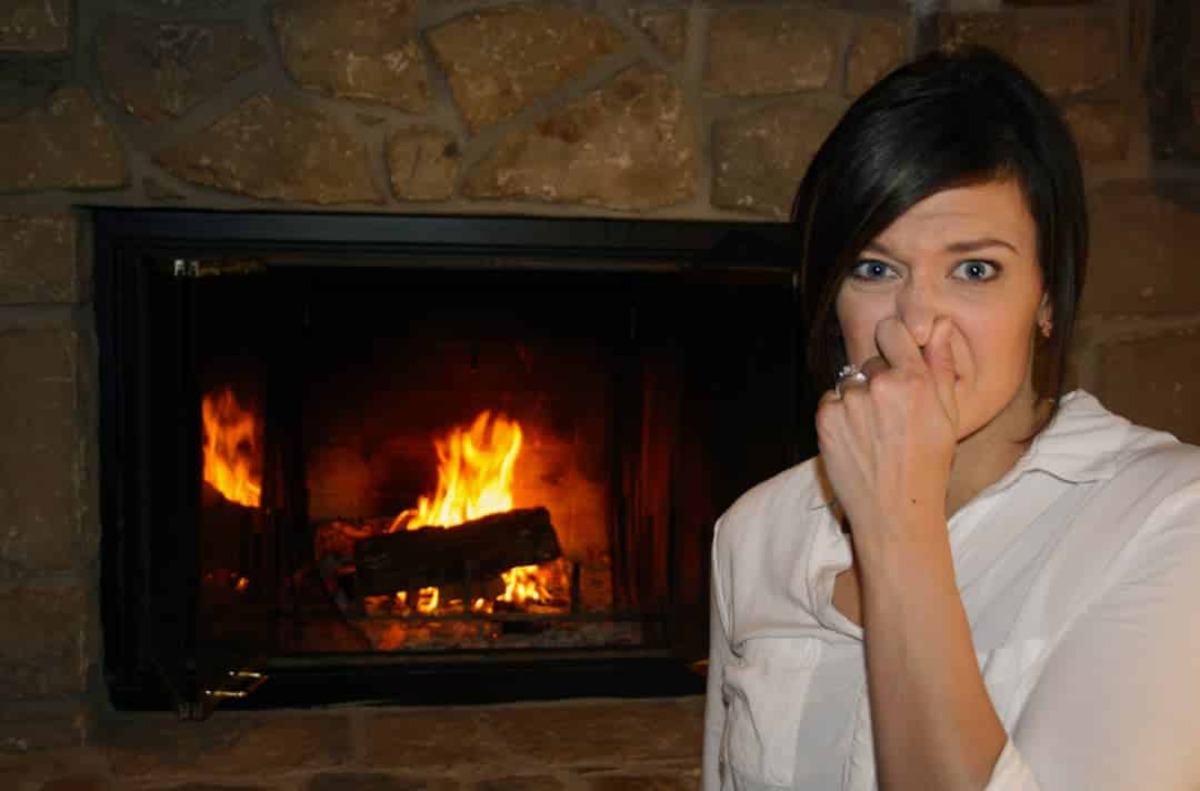

Articles
How To Get Rid Of Chimney Smell
Modified: August 22, 2024
Learn effective ways to eliminate the unpleasant odor of a chimney with these informative articles. Say goodbye to chimney smell for good!
(Many of the links in this article redirect to a specific reviewed product. Your purchase of these products through affiliate links helps to generate commission for Storables.com, at no extra cost. Learn more)
Introduction
The smell coming from your chimney can be quite unpleasant and make your living space uncomfortable. Whether it’s a musty odor, a smoky smell, or a lingering scent of creosote, getting rid of chimney smell is essential for a clean and fresh home environment. In this article, we will explore the common causes of chimney smell and provide effective methods for eliminating it.
A chimney is an important component of your home’s heating system, allowing smoke, gases, and other byproducts to safely exit your living space. However, over time, these byproducts can accumulate and cause a foul odor. The causes of chimney smell vary, but the most common ones include creosote buildup, moisture infiltration, and the presence of animal or bird nests.
Creosote buildup: Creosote is a black, tar-like substance that forms from the incomplete combustion of wood in your fireplace or wood-burning stove. Over time, creosote can accumulate on the inner walls of your chimney and emit a strong, smoky smell. This buildup not only causes chimney odor but also poses a fire hazard if not regularly cleaned.
Moisture infiltration: Chimneys are exposed to the elements, making them susceptible to water infiltration. Water can enter the chimney through cracks, damaged masonry, or a faulty chimney cap. When moisture mixes with creosote or other deposits in the chimney, it can produce a musty or mildew-like odor. Moisture can also lead to mold growth, which exacerbates the unpleasant smell.
Animal or bird nests: Chimneys provide a warm and sheltered environment, making them attractive to animals and birds for nesting. The presence of nests or other organic matter can cause a foul odor, particularly if animals have become trapped or passed away inside the chimney. It’s important to address and remove these nests to eliminate the source of the smell.
Now that we understand the common causes of chimney smell, let’s explore the methods for effectively getting rid of it. In the following sections, we will discuss how to remove creosote buildup, clean the chimney, eliminate moisture, use chimney odor remedies, and take preventive measures to keep your chimney smelling fresh and clean.
Key Takeaways:
- Regular chimney cleaning and addressing moisture infiltration are crucial for eliminating chimney smell and maintaining a fresh and safe living environment.
- Utilizing chimney odor remedies and implementing preventive measures, such as proper wood burning techniques and regular inspections, helps keep your chimney odor-free and enjoyable.
Read more: How To Get Rid Of Chimney Swifts
Causes of Chimney Smell
Chimney smell can originate from various sources, each requiring specific solutions for elimination. Understanding the causes of chimney smell is crucial in addressing the issue effectively. Let’s delve into the common culprits behind the unpleasant odors:
1. Creosote buildup: Creosote is a tar-like substance that forms when wood or fossil fuels are burned. Over time, this sticky residue accumulates on the inner walls of the chimney. As creosote buildup increases, it not only creates a fire hazard but also emits a strong, smoky smell. The odor from creosote can permeate your living space, making it essential to regularly clean the chimney to prevent excessive buildup.
2. Moisture infiltration: Chimneys are exposed to the elements, leaving them susceptible to water infiltration. Cracks in the chimney structure, damaged flashing, or a faulty chimney cap can allow rainwater or melted snow to enter the chimney. When moisture mixes with creosote or other organic matter, it creates a musty or mildew-like odor. Additionally, prolonged exposure to moisture can lead to mold growth, exacerbating the unpleasant smell.
3. Animal or bird nests: Chimneys provide a cozy and sheltered environment, making them attractive to animals and birds for nesting. If left undisturbed, these nests can accumulate debris, fur, feathers, and droppings over time. Decomposing organic matter and the presence of trapped animals can cause a foul odor that permeates into your home. Regular chimney inspections and prompt removal of any nests are crucial in preventing chimney smell caused by wildlife.
4. Blocked or dirty chimney flue: The chimney flue is responsible for venting smoke and gases outside. When the flue becomes blocked by obstructions such as debris, birds’ nests, or excessive soot, it can cause a smoky smell to back up into your living space. A dirty flue can also emit an unpleasant odor due to the accumulation of soot and creosote.
Now that we have identified the common causes of chimney smell, the next step is to explore the methods for effectively eliminating these odors. In the following sections, we will discuss how to remove creosote buildup, clean the chimney, eliminate moisture, use chimney odor remedies, and take preventive measures to keep your chimney smelling fresh and clean.
Removing Creosote Buildup
Creosote buildup is a common cause of chimney smell. This tar-like substance forms when wood or fossil fuels are burned, and if left unaddressed, can not only cause an unpleasant odor but also pose a fire hazard. Removing creosote buildup is crucial for maintaining a safe and odor-free chimney. Here are some methods to effectively remove creosote:
1. Professional chimney cleaning: Hiring a professional chimney sweep is the most effective way to remove creosote buildup. They have the necessary tools and expertise to thoroughly clean the chimney and remove any creosote deposits. Professional chimney cleaners can also inspect the chimney for any damage or issues that need to be addressed.
2. Mechanical chimney cleaning: If you’re comfortable working at heights, you can attempt to remove creosote buildup yourself using mechanical methods. Chimney brushes and rods are commonly used to scrub the inner walls of the chimney, loosening and dislodging the creosote. Make sure to use the appropriate size and type of brush for your chimney’s dimensions and follow safety guidelines.
3. Chemical creosote removers: There are specific chemical products available for removing creosote buildup. These products work by breaking down the creosote and making it easier to remove. Follow the instructions provided by the manufacturer carefully when using a chemical creosote remover, and consider wearing protective gear to avoid contact with the product.
4. Creosote sweeping logs: Creosote sweeping logs are designed to help break down and remove creosote buildup when burned in the fireplace or wood-burning stove. These logs contain chemicals that assist in loosening and reducing the creosote. However, it’s important to note that creosote sweeping logs are not a substitute for professional chimney cleaning and should be used as a supplement to regular maintenance.
To prevent creosote buildup in the future, it’s essential to follow some preventive measures. First, ensure that you’re burning dry and seasoned wood, as wet or unseasoned wood produces more creosote. Additionally, avoid restricting air supply to the fire, as it can lead to incomplete combustion and increased creosote production. Regular chimney inspections and cleanings will also help in early detection and removal of any creosote buildup before it becomes a major issue.
By taking proactive measures and regularly addressing creosote buildup, you can keep your chimney clean, safe, and free from the unpleasant odors associated with creosote.
Cleaning the Chimney
Regular chimney cleaning is essential for maintaining a safe and odor-free environment. Cleaning the chimney not only removes creosote buildup but also eliminates other potential causes of chimney smell, such as debris, bird nests, and soot. Here are some methods for effectively cleaning the chimney:
1. Professional chimney cleaning: Hiring a professional chimney sweep is the most reliable and thorough method of cleaning the chimney. Professional chimney sweeps have the knowledge, experience, and proper equipment to safely and effectively remove all types of debris, creosote, and blockages from the chimney. They also inspect the chimney’s condition and identify any repairs or maintenance required.
2. DIY chimney cleaning: If you prefer to clean the chimney yourself, it’s crucial to follow proper safety precautions and use the right tools. Start by using a chimney brush and extendable rods to sweep away loose soot and debris. Work from the top of the chimney downward, gradually removing the buildup. It’s important to protect yourself by wearing a dust mask, safety goggles, and gloves. Additionally, cover the fireplace opening to prevent debris from falling into the living space.
3. Vacuum and ash removal: Use a vacuum cleaner with a long hose attachment to remove loose debris and ash from the fireplace, hearth, and smoke shelf. A high-powered vacuum designed for chimney cleaning will be the most effective in capturing fine particles and preventing them from circulating in your home. Make sure to empty the vacuum and dispose of the debris properly after cleaning.
4. Clearing blockages: If you suspect there is a blockage in your chimney, it’s important to address it promptly. Blockages can occur due to bird nests, debris, or even fallen masonry. Use a chimney rod or a long, flexible brush to dislodge and remove any obstructions. If the blockage is severe or inaccessible, it’s advisable to seek professional assistance.
5. Chimney cleaning logs: Chimney cleaning logs are designed to help break down and remove soot and creosote when burned in the fireplace or wood-burning stove. These logs often contain chemicals that aid in the cleaning process. However, it’s important to note that they should not be relied upon as a complete substitute for professional chimney cleaning.
Regular chimney cleaning should be done at least once a year, even if there are no noticeable issues. However, if you frequently use your fireplace or wood-burning stove, more frequent cleanings may be necessary. Remember that thorough cleaning is essential not only for odor control but also for minimizing the risk of chimney fires and other hazards associated with a dirty chimney.
By following proper cleaning techniques and considering professional assistance when needed, you can ensure that your chimney remains clean, safe, and free from unpleasant smells.
To get rid of chimney smell, try cleaning the chimney flue and removing any debris or animal nests. You can also use a chimney deodorizer to eliminate odors. Regular chimney maintenance can help prevent future smells.
Eliminating Moisture
Moisture infiltration is a common issue in chimneys that can lead to chimney smell and other problems. Excess moisture can cause a musty odor, promote mold growth, and deteriorate the chimney structure. To keep your chimney free from moisture and prevent associated odors, consider the following methods:
1. Fix chimney leaks: Inspect your chimney for any signs of leaks or water damage. Cracks in the chimney structure, damaged flashing, or a faulty chimney cap can allow water to enter. Repair any leaks promptly to prevent moisture infiltration. In serious cases, it may be necessary to hire a professional chimney repair service to address the leaks effectively.
2. Install a chimney cap: A chimney cap is a protective cover that prevents rainwater, debris, and animals from entering the chimney while allowing proper ventilation. Installing a chimney cap can significantly reduce moisture infiltration and associated odors.
3. Seal masonry: If your chimney is made of masonry, sealing the exterior can help prevent moisture from seeping into the structure. Use a waterproof sealant specifically designed for chimneys and follow the manufacturer’s instructions for application. Regularly inspect the sealant and reapply it as needed to maintain its effectiveness.
4. Clear gutters and downspouts: Ensure that your gutters and downspouts are clear of debris and functioning properly. Clogged gutters can cause water to overflow and come into contact with the chimney, leading to moisture infiltration. Regularly clean and maintain your gutters to prevent water-related issues.
5. Improve ventilation: Proper airflow in and around the chimney is essential for preventing moisture buildup. Ensure that the chimney has adequate ventilation to allow airflow, which helps to dry out any moisture that may be present. Consult a professional if you suspect ventilation issues and need to make modifications.
6. Use a dehumidifier: If you’re experiencing high humidity levels inside your home, using a dehumidifier can help remove excess moisture from the air. By reducing indoor humidity, you can minimize the likelihood of moisture-related issues, including chimney odor.
7. Regular maintenance: Conduct routine inspections of your chimney to identify and address any signs of moisture infiltration. Check for water stains, dampness, or discoloration on the walls or ceiling near the chimney. Promptly address any issues to prevent further damage and eliminate the source of the odor.
By implementing these measures, you can effectively eliminate moisture infiltration and prevent associated chimney smell. Regular maintenance and prompt repairs are key to ensuring that your chimney remains dry, odor-free, and in optimal condition.
Read more: How To Get Rid Of Woodpeckers On Chimney
Using Chimney Odor Remedies
If you are dealing with persistent chimney smell, even after cleaning and addressing potential causes like creosote buildup and moisture infiltration, you may need to utilize additional chimney odor remedies. These remedies can help neutralize or mask the unpleasant odors, making your living space more enjoyable. Here are some effective chimney odor remedies to consider:
1. Chimney deodorizing products: There are various chimney deodorizing products available in the market specifically designed to combat chimney odors. These products typically come in the form of granules or sticks that can be placed in the fireplace or wood-burning stove. They work by absorbing and neutralizing the odorous particles circulating in the chimney. Follow the instructions provided by the manufacturer for the best results.
2. Chimney odor absorbers: Charcoal-based chimney odor absorbers are another option to consider. Charcoal has natural odor-absorbing properties and can help eliminate the smell. Place a container filled with activated charcoal near the fireplace or wood-burning stove to absorb the odors. Remember to replace the charcoal regularly to maintain its effectiveness.
3. Vinegar spray: Vinegar is known for its natural deodorizing properties. Mix equal parts of white vinegar and water in a spray bottle, then spray the solution onto the walls of the chimney. The vinegar will help neutralize the odors. However, avoid spraying directly onto any metal components of the chimney, as vinegar can cause corrosion.
4. Citrus peels: Citrus peels, such as lemon or orange peels, can act as natural deodorizers. Place the peels on a tray or directly into the fireplace or wood-burning stove. When burned, the citrus oils released from the peels can help mask unpleasant odors and infuse a fresh scent into the air.
5. Baking soda and coffee grounds: A mixture of baking soda and coffee grounds can be used as a DIY chimney odor remedy. Combine equal parts of baking soda and used coffee grounds, then sprinkle the mixture onto the walls of the chimney. Allow it to sit for a few hours or overnight, then use a chimney brush to sweep away the mixture. The baking soda helps absorb odors while the coffee grounds provide a pleasant aroma.
6. Scented candles or incense: Lighting scented candles or incense near the fireplace can help mask chimney odors with pleasant fragrances. Choose candles or incense with scents that you find appealing and make sure to follow safety precautions when using open flames.
Remember that while these chimney odor remedies can help alleviate the smell, they may not completely eliminate the underlying cause. It’s important to continue regular chimney maintenance and address any issues that may be contributing to the persistent odor. If the smell persists despite trying these remedies, it may be best to consult with a professional chimney sweep for further assessment and assistance.
Preventive Measures
Preventing chimney smell is better than having to deal with it after it becomes a problem. By implementing a few preventive measures, you can help keep your chimney clean, fresh, and free from unpleasant odors. Here are some preventive measures to consider:
1. Regular chimney inspections: Schedule regular chimney inspections by a professional chimney sweep at least once a year. Inspections help identify any potential issues, such as creosote buildup, blockages, or damage. By addressing these issues early on, you can prevent them from leading to chimney odor or more significant problems in the future.
2. Practice proper wood burning techniques: Burn dry and seasoned hardwoods in your fireplace or wood-burning stove. Wet or unseasoned wood produces more smoke and creosote, which can contribute to chimney odor. Avoid burning treated wood, trash, or other materials that can release harmful fumes or create excessive residue.
3. Use a spark screen or glass doors: Install a spark screen or glass doors on your fireplace or wood-burning stove to prevent sparks and embers from escaping into the chimney. This not only enhances safety but also reduces the amount of debris and potential odor-causing substances that enter the chimney.
4. Maintain a clean and clear chimney: Regularly remove ashes and debris from the fireplace or wood-burning stove. Excess ash can absorb moisture and contribute to chimney odor. Keep the area around the chimney clean and free from any flammable materials.
5. Install a chimney cap: As mentioned earlier, a chimney cap acts as a protective barrier against rainwater, debris, and wildlife. By installing a chimney cap, you can prevent these elements from entering the chimney and causing odor-causing issues.
6. Ensure proper ventilation: Adequate ventilation is crucial for preventing moisture buildup and allowing proper air circulation in the chimney. Make sure that the chimney flue is fully open during use and that the chimney and surrounding area have sufficient airflow. Consult a professional if you suspect any ventilation issues and need to make adjustments.
7. Keep surrounding trees trimmed: Trim any trees or branches that are near or overhanging your chimney. Falling leaves, twigs, or bird nests from nearby trees can easily find their way into the chimney, leading to odors and potential blockages.
8. Follow manufacturer’s guidelines: If you have a wood-burning stove or fireplace insert, follow the manufacturer’s guidelines for proper installation, operation, and maintenance. This ensures that your appliance operates efficiently and reduces the chance of chimney odor.
By implementing these preventive measures, you can minimize the risk of chimney odor and maintain a clean and fresh chimney throughout the year. Regular maintenance and attention to small details go a long way in preventing larger issues and ensuring a pleasant experience with your chimney.
Conclusion
Dealing with chimney smell can be a frustrating and unpleasant experience. However, by understanding the common causes of chimney smell and implementing the right strategies, you can effectively eliminate odors and maintain a fresh and clean chimney.
Creosote buildup, moisture infiltration, animal or bird nests, and blockages are frequent culprits of chimney odor. Regular chimney cleaning, both professionally and through DIY methods, helps remove creosote and debris. It’s also essential to address any leaks, install chimney caps, and improve ventilation to prevent moisture infiltration.
In cases where chimney odors persist, utilizing chimney odor remedies can be beneficial. Products specially designed to neutralize odors, vinegar sprays, citrus peels, baking soda and coffee grounds, scented candles, or incense can help mask or eliminate unpleasant smells.
Prevention is key to avoiding chimney odor in the first place. Regular chimney inspections, proper wood burning techniques, maintaining a clean chimney, using spark screens or glass doors, and keeping trees trimmed are all preventive measures to consider. Following manufacturer’s guidelines and ensuring proper ventilation also help maintain a fresh and odor-free chimney.
In conclusion, a combination of regular maintenance, addressing potential issues promptly, and utilizing chimney odor remedies when necessary is crucial for eliminating chimney smell and maintaining a clean and welcoming living space. By taking these steps, you can enjoy the warmth and comfort of your fireplace or wood-burning stove without any unpleasant odors interfering with your experience.
Frequently Asked Questions about How To Get Rid Of Chimney Smell
Was this page helpful?
At Storables.com, we guarantee accurate and reliable information. Our content, validated by Expert Board Contributors, is crafted following stringent Editorial Policies. We're committed to providing you with well-researched, expert-backed insights for all your informational needs.
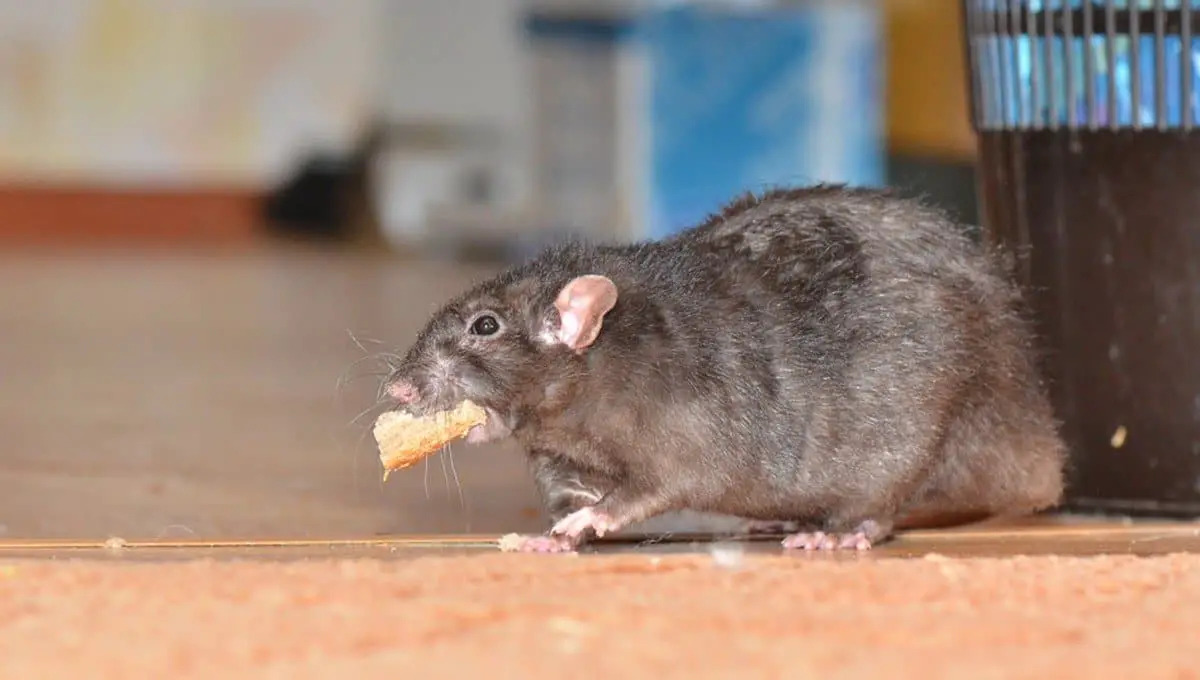
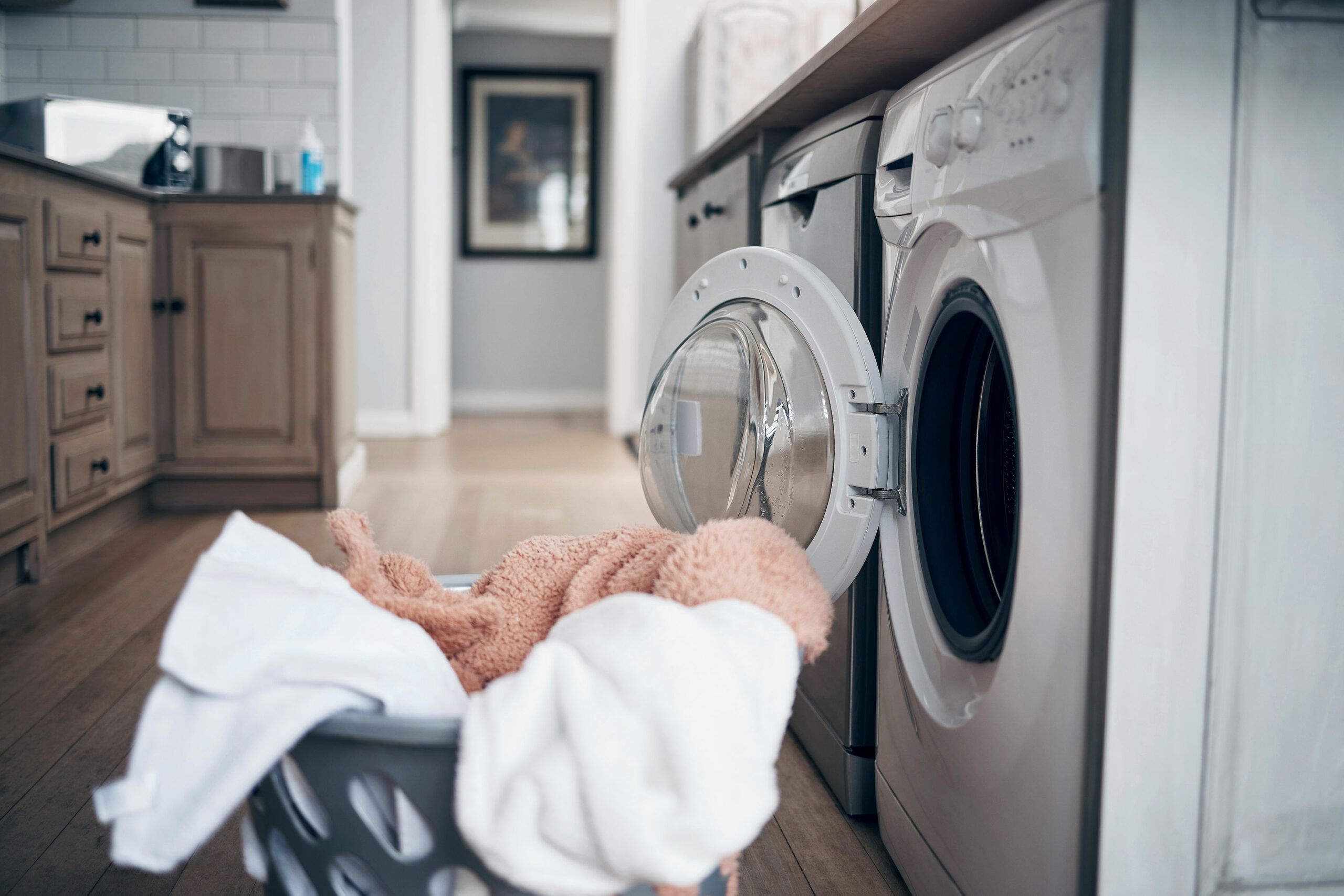
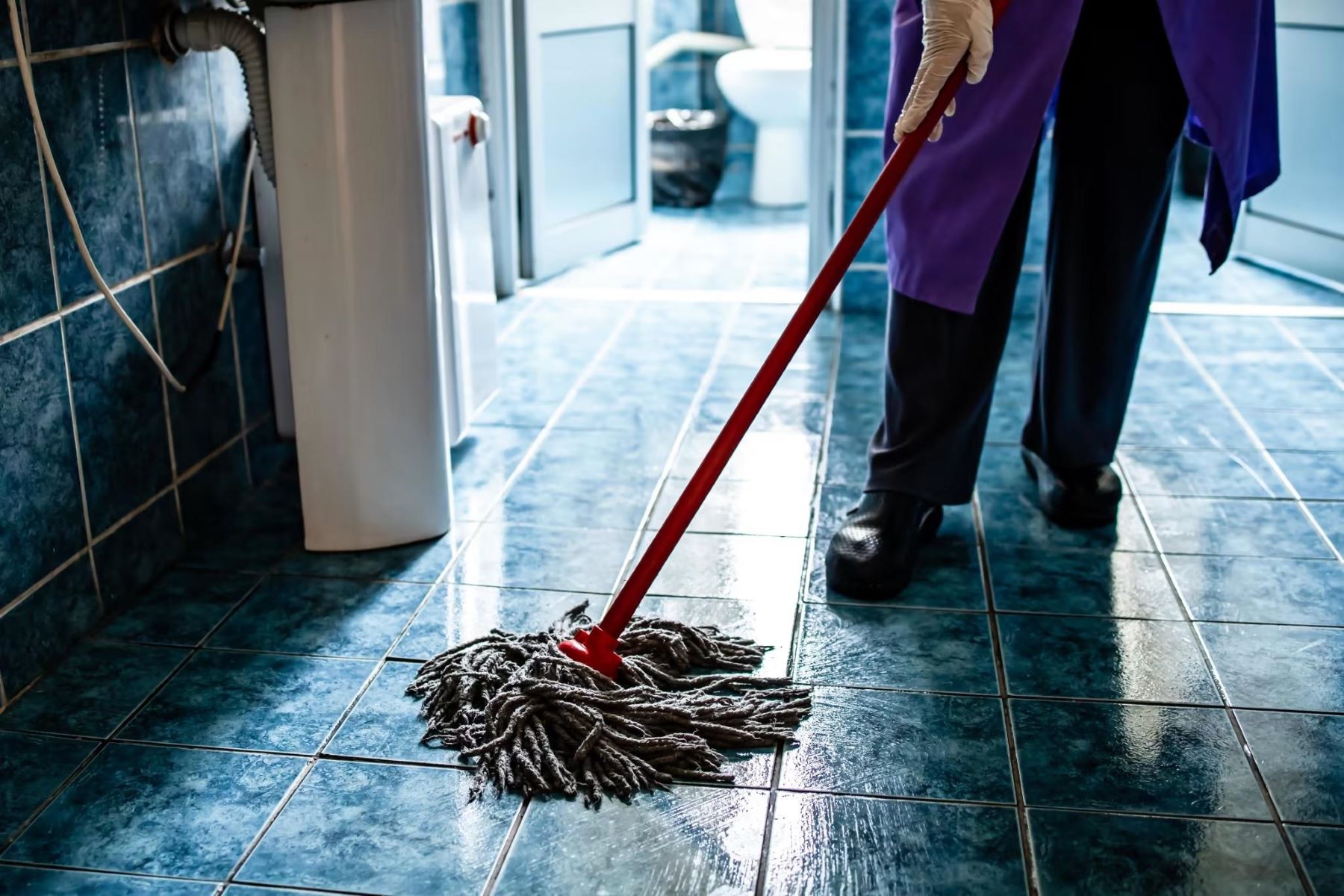
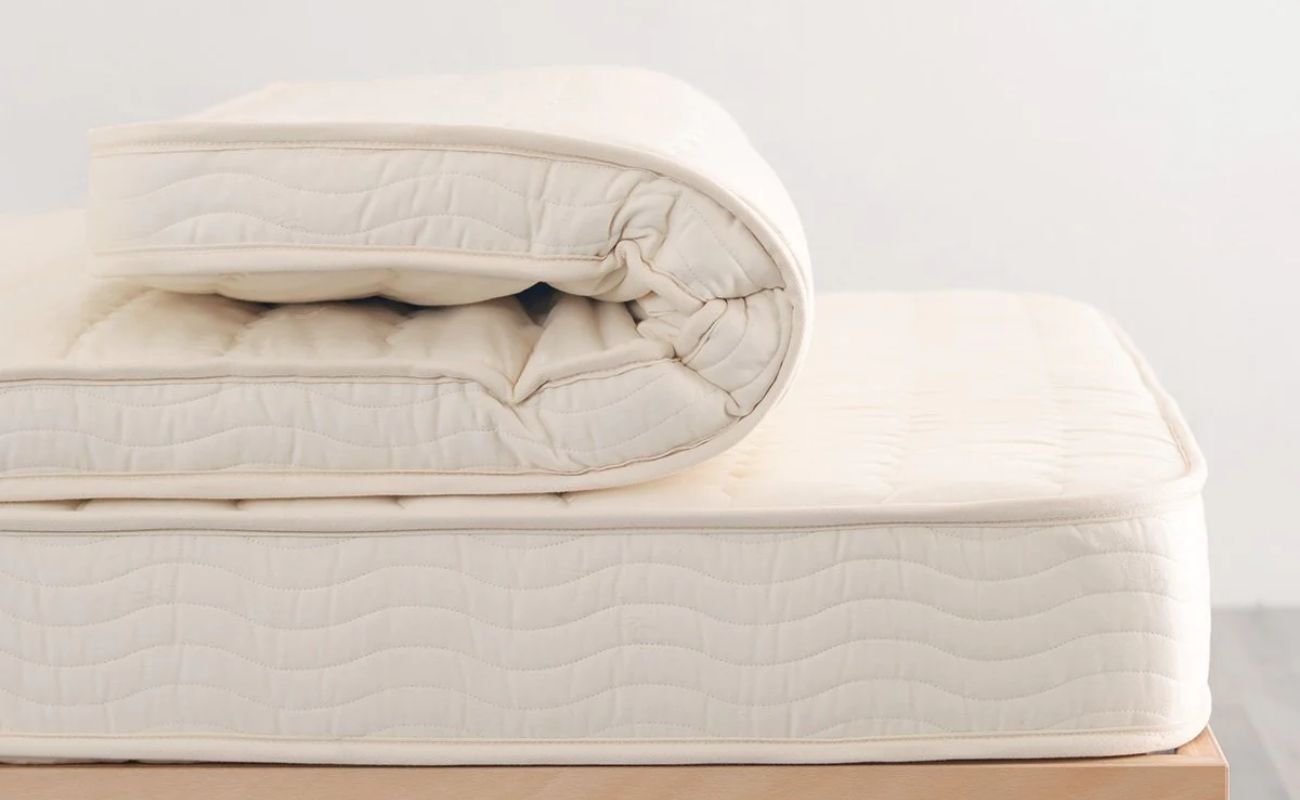

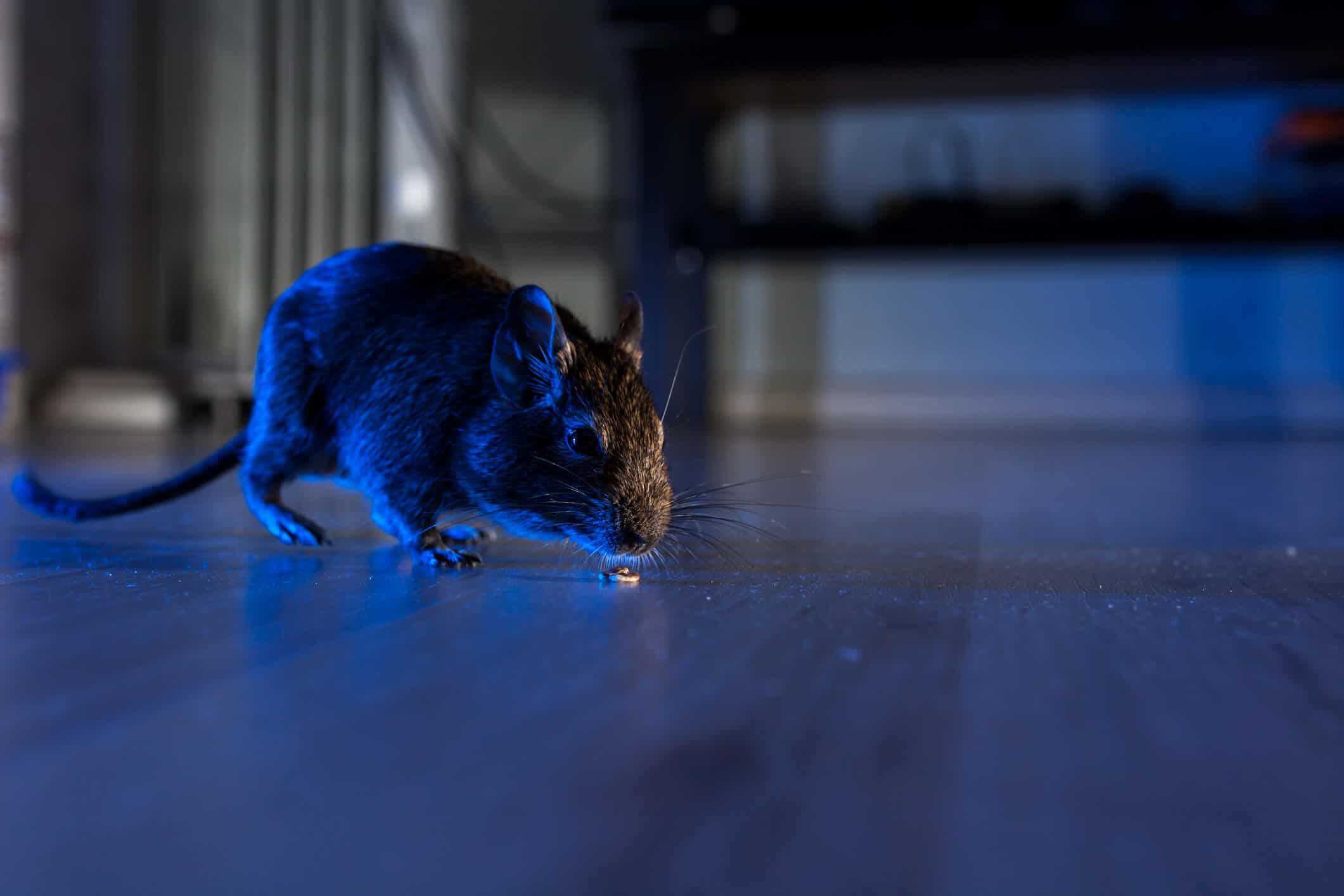


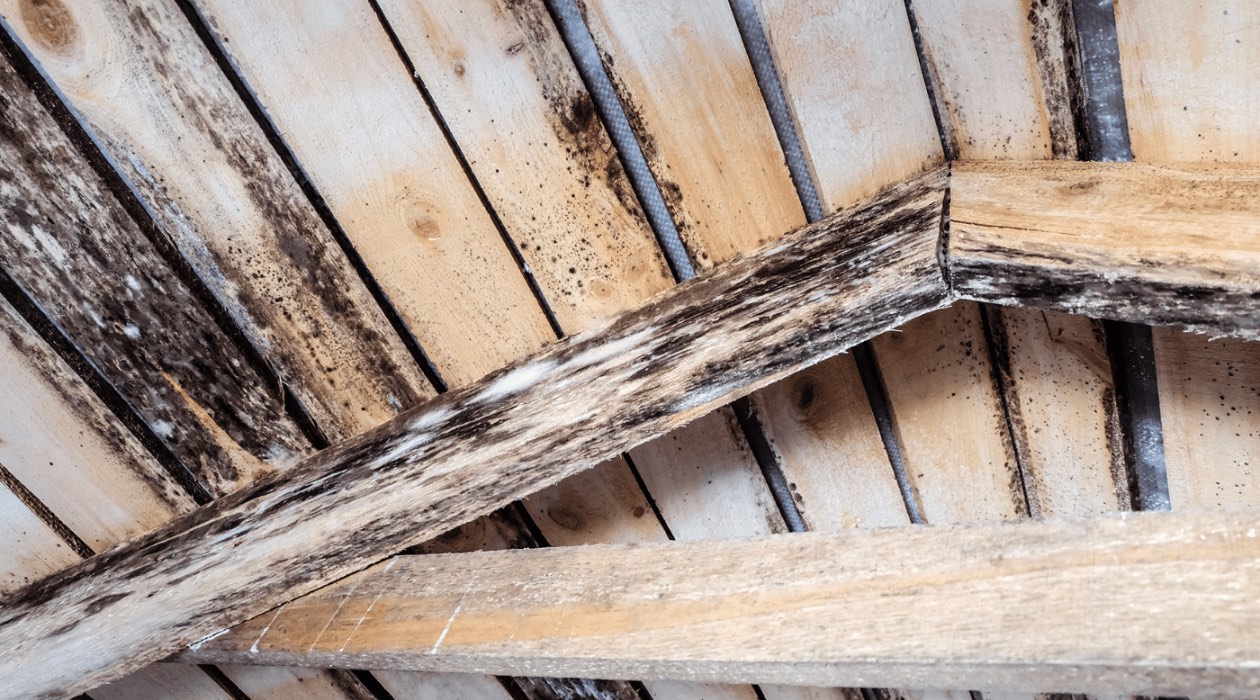
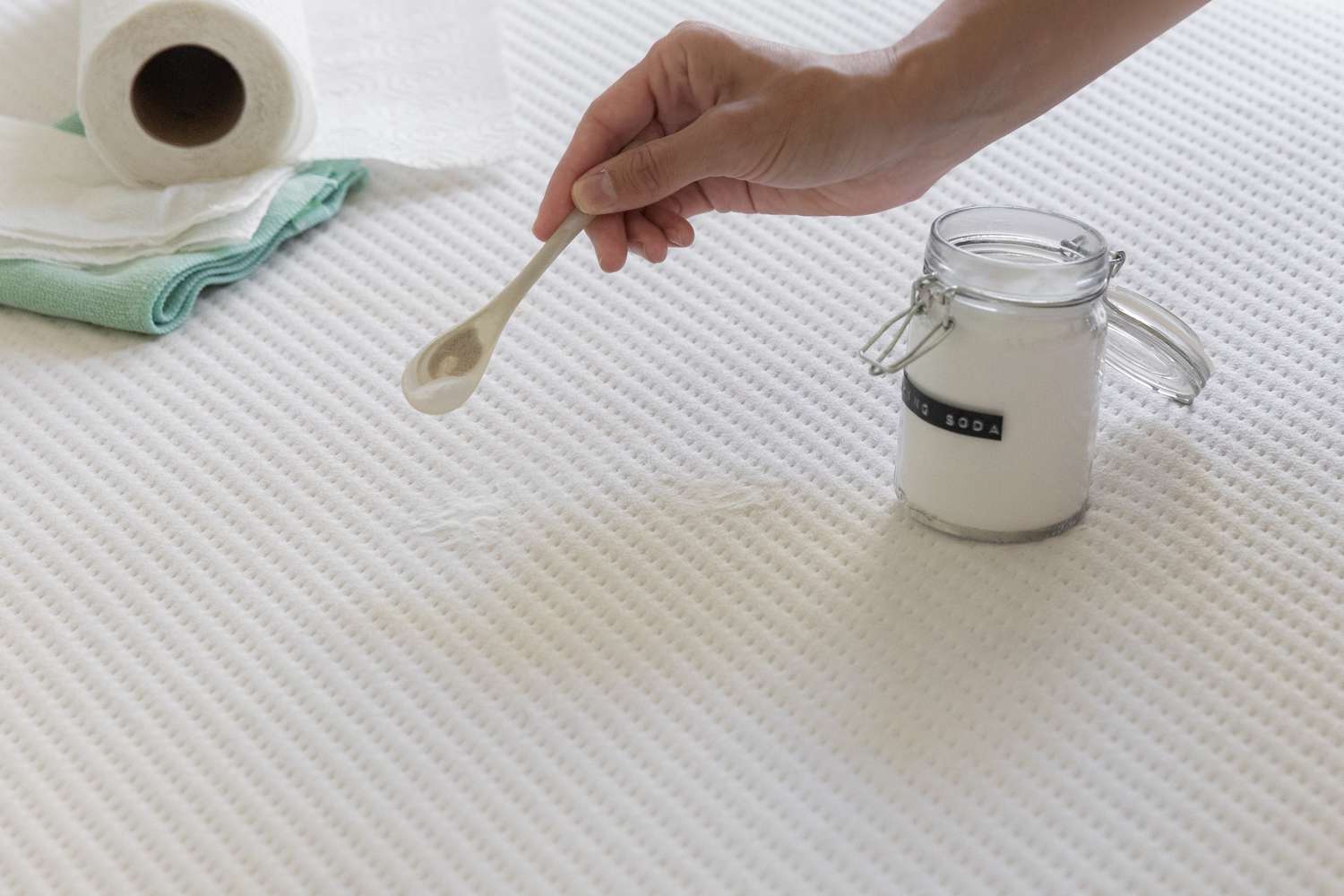
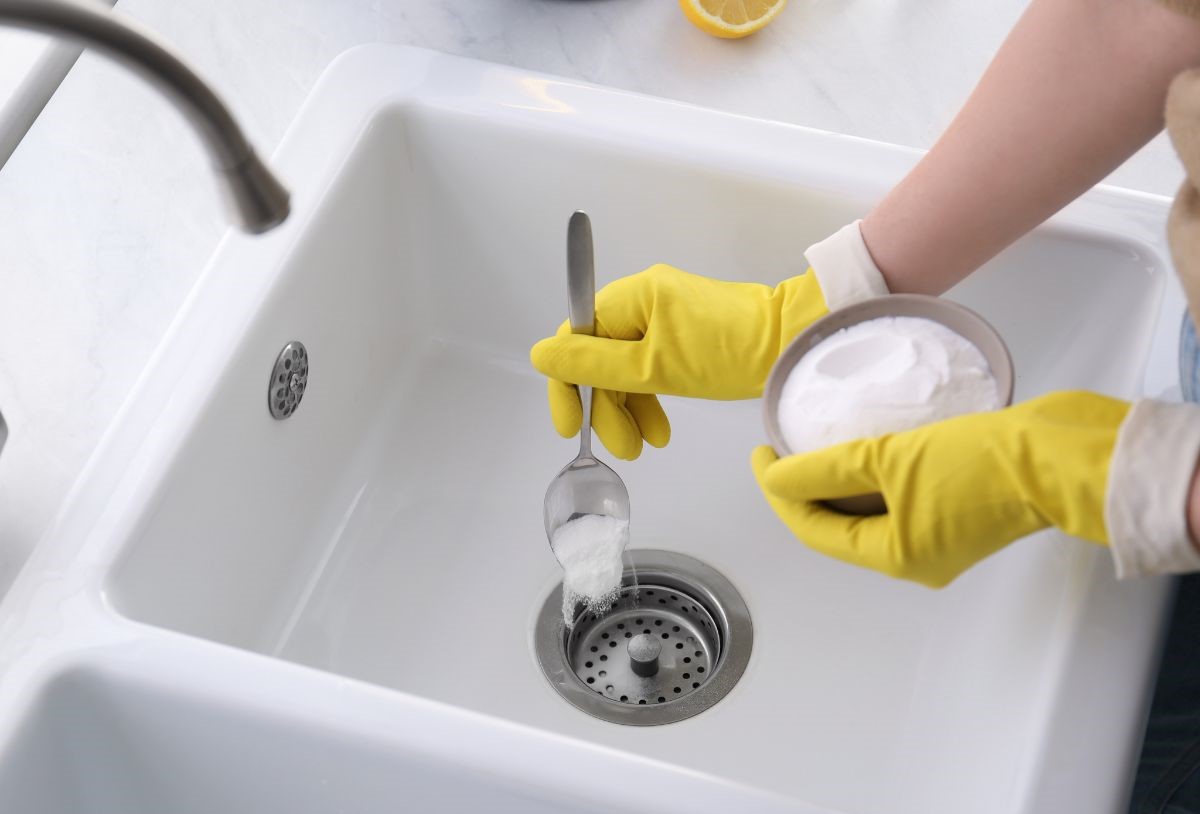


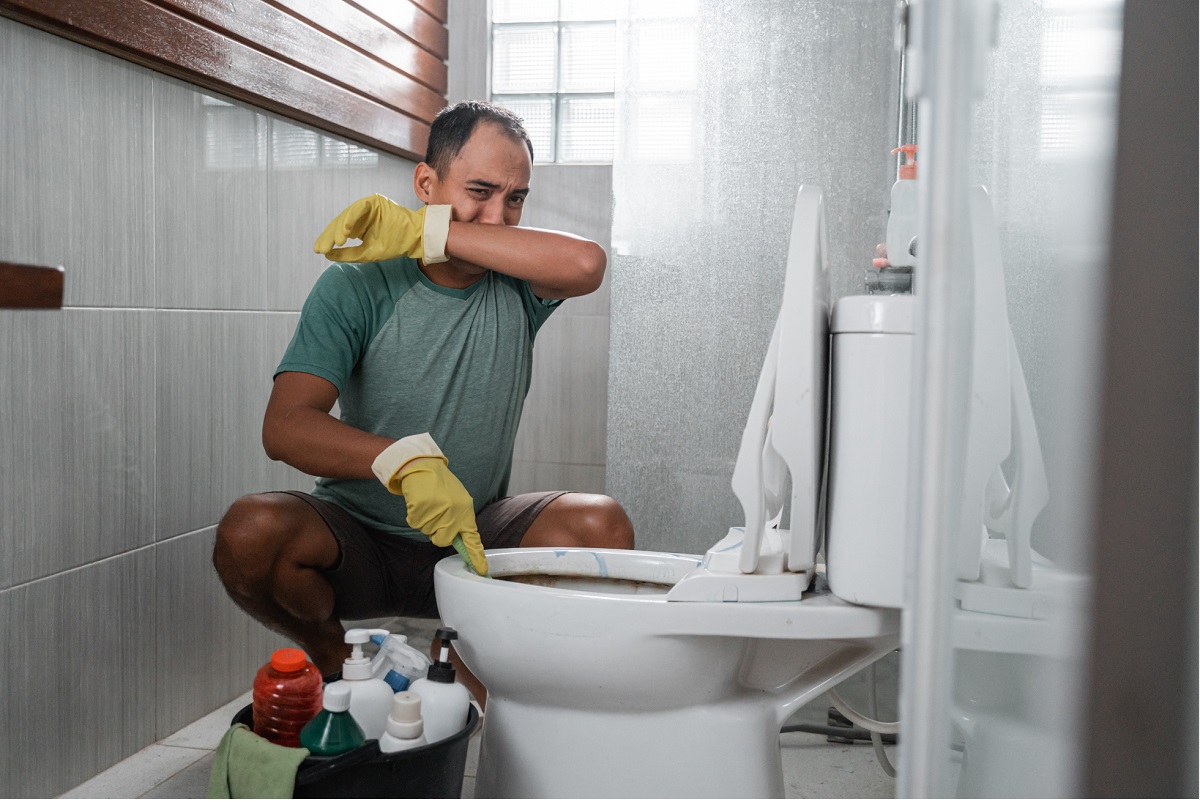

0 thoughts on “How To Get Rid Of Chimney Smell”